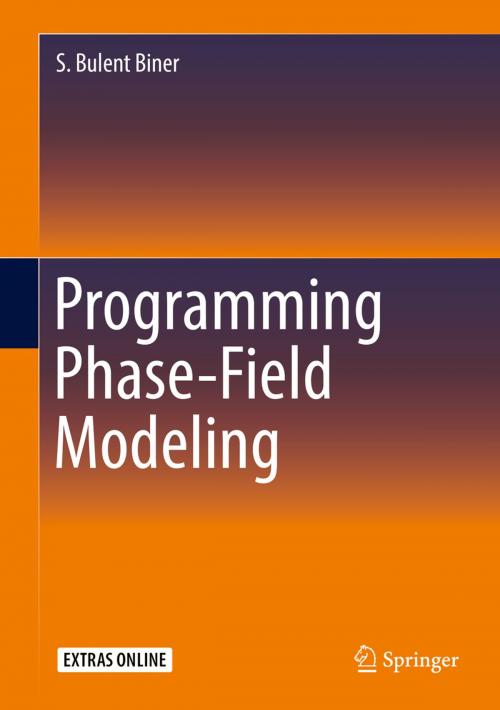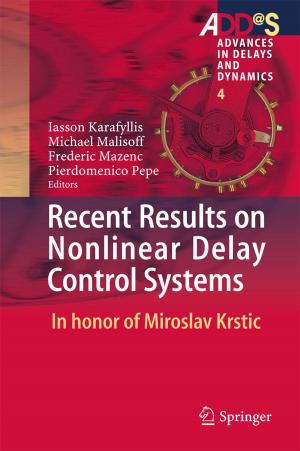Programming Phase-Field Modeling
Nonfiction, Science & Nature, Technology, Material Science, Mathematics, Applied| Author: | S. Bulent Biner | ISBN: | 9783319411965 |
| Publisher: | Springer International Publishing | Publication: | January 25, 2017 |
| Imprint: | Springer | Language: | English |
| Author: | S. Bulent Biner |
| ISBN: | 9783319411965 |
| Publisher: | Springer International Publishing |
| Publication: | January 25, 2017 |
| Imprint: | Springer |
| Language: | English |
This textbook provides a fast-track pathway to numerical implementation of phase-field modeling—a relatively new paradigm that has become the method of choice for modeling and simulation of microstructure evolution in materials. It serves as a cookbook for the phase-field method by presenting a collection of codes that act as foundations and templates for developing other models with more complexity. Programming Phase-Field Modeling uses the Matlab/Octave programming package, simpler and more compact than other high-level programming languages, providing ease of use to the widest audience. Particular attention is devoted to the computational efficiency and clarity during development of the codes, which allows the reader to easily make the connection between the mathematical formulism and the numerical implementation of phase-field models. The background materials provided in each case study also provide a forum for undergraduate level modeling-simulations courses as part of their curriculum.
This textbook provides a fast-track pathway to numerical implementation of phase-field modeling—a relatively new paradigm that has become the method of choice for modeling and simulation of microstructure evolution in materials. It serves as a cookbook for the phase-field method by presenting a collection of codes that act as foundations and templates for developing other models with more complexity. Programming Phase-Field Modeling uses the Matlab/Octave programming package, simpler and more compact than other high-level programming languages, providing ease of use to the widest audience. Particular attention is devoted to the computational efficiency and clarity during development of the codes, which allows the reader to easily make the connection between the mathematical formulism and the numerical implementation of phase-field models. The background materials provided in each case study also provide a forum for undergraduate level modeling-simulations courses as part of their curriculum.















